
Why do you need an animal behaviourist and how do you go about finding the correct one.
Remember that animal behaviorists often work in collaboration with veterinarians to ensure a holistic approach to your pet's well-being.
Read more
Puppy Training and Socialization
Remember puppy treats and dog treats should always be carried with you to reward your puppy when he behaves correctly.
Read more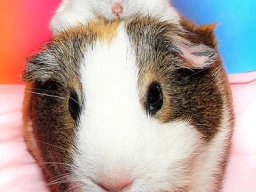
Guinea Pigs or Hamsters which would work best for me
The choice between a hamster and a guinea pig depends on your preferences, living situation, and the level of interaction you desire with your pet
Read more
Preserving Memories: The Magic of Pet Portraits
Pet portraits are more than just paintings; they're tributes to the special bond we share with our pets
Read more
Tick Flea and worming products for cats
Ultimately, the choice between natural and commercial products depends on your cat's individual needs and your comfort level with different options
Read more
What to feed my Horse and Pony
It is important to consult with a veterinarian or equine nutritionist to determine the most appropriate feed and grain options for your individual horse or pony based on their age, breed, weight, and activity level.
Read more
How to maintain your cats claws
Regular veterinary check-ups can also help monitor your cat's overall paw and nail health.
Read more
Pet Photography and Pet Artists
Creating a quality portrait or photograph takes time, so be patient and trust the artist or photographer's process
Read more
Animal Communication and Healing
Reiki is a form of alternative medicine that focuses on physical and emotional healing.
Read more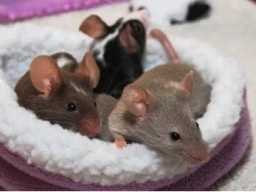
Mice as Pets
Mice are trainable, and can be trained to be disciplined as well as how to handle food
Read more
How to set up a Tropical Fish Tank
Remember, it's important to research the specific care requirements of any fish species you plan to keep and ensure that they are compatible with each other.
Read more
Transporting a cat
Cats often find travel stressful, so it's important to minimise their discomfort as much as possible.
Read more
Catnip
It's recommended to offer catnip sparingly, typically a few times per week, to prevent habituation and maintain its effectiveness as a stimulant.
Read more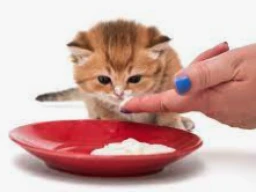
Weaning Cats off Milk, Substitutes, Timing, and Considerations
Successfully weaning kittens off milk involves gradual introduction of suitable substitutes such as kitten formula and wet kitten food, starting around 4-6 weeks of age.
Read more
Pet insurance
The coverage can include various medical treatments, surgeries, medications, and sometimes preventive care.
Read more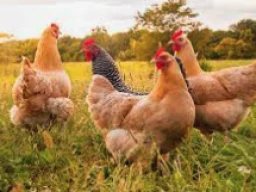
Raising Chickens for Homeowners in South Africa
This guide will cover essential aspects of chicken care, including setting up a coop, feeding requirements, egg production, managing their access to your garden, protecting them from predators, and ensuring their healthcare needs are met.
Read more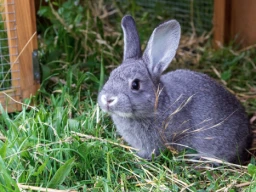
What is the Best Hutch for my Rabbit
An indoor rabbit still needs a hutch to feel safe and secure but, if this is not an option then make sure you create an area for beds & hideaways.
Read more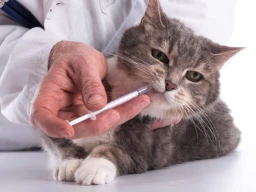
Help I need to medicate my cat!
Giving a cat medication, especially in the form of a pill or liquid from a syringe, can be challenging
Read more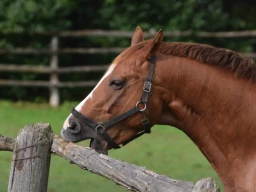
Horse Behaviourists
Overall, becoming a horse behaviourists requires a deep understanding of equine behaviour and welfare, as well as specialised training in behaviour modification techniques.
Read more
Sunblock for your dog?
Yes, it is true that some dogs may benefit from the application of sunblock, especially those with light-colored fur, thin or short coats, and exposed skin.
Read more